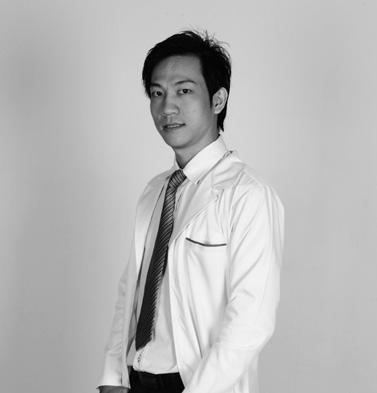Whether it’s a common cold or a broken leg, we all need someone to turn to for information when we fall ill or get injured. We need direction from someone who knows us and our family, and about medical treatments.
General Practitioners are Doctors that work in local communities and are the first point of contact for any medical issues a person may face. They provide families with primary and continuing medical care with physical examinations, diagnosis and treatment. They take into account emotional and psychological factors and refer patients to the appropriate places for further monitoring or assessment by specialists. GPs can work for the public sector, in public hospitals and with various government organisations like the military, or in the private sector in privately owned clinics.

DID YOU KNOW?
- Doctors and Physicians are among the highest paid professions, and the job growth in the field is fast.
- The earliest written records of a proper hospital with in-house doctors were in Sri Lanka in the 5th century BC.

Medical Doctor
Praram 9 Hospital
Growing up as a kid who was always getting sick, I decided during high school to pursue a career in medicine to help myself stay healthy. Becoming a Doctor was also a way for me to take care of my family if they happened to fall ill. This was a great motivator. Today, I work part-time as Medical Doctor in two different places: I am the Chief Medical Consultant for Praram 9 Hospital in Thailand, and a permanent Medical Doctor for the International Taiwan Sunrise Organisation in Cambodia.
At Praram 9 Hospital, I meet with patients on a daily basis and give them as much information as possible regarding treatment prices and their medical conditions, as well as providing advice on how to relieve their discomfort. With ITSO, I work with a medical team treating the poor in rural areas of Cambodia. As a Doctor in Cambodia, one of my key missions is to provide free medical consultation and treatment for Cambodians who do not have the means to pay.
Being a Doctor allows me to help people and also build strong bonds with them. One of the greatest joys in my Cambodia job having the opportunity to treat patients as they need treatment with no bureaucratic or financial restrictions. I can take the time to explain to these patients the best way to stay healthy without necessarily using antibiotics, relying more on home-remedies and improving sanitation and personal hygiene.
However, working in rural areas also entails a few challenges, notably having to communicate with people in simple language, which is made difficult as there are not always clear translations from English to Khmer. When we work in rural areas, we also do not have access to mobile medical equipment and facilities, thus limiting our capacity to provide an accurate diagnosis.
Many people imagine this profession to help you earn a good salary, but being a Doctor is about more than money. You have a chance to continuously learn from your interactions with people and patients, while helping them understand their illness and how to treat it. My advice for anyone looking to become a Doctor is to volunteer early on in university, so you begin to understand the discipline required. Network and build relationships. Medical conferences are a great place to meet employers and fish out internships – and they are often open to the public.





